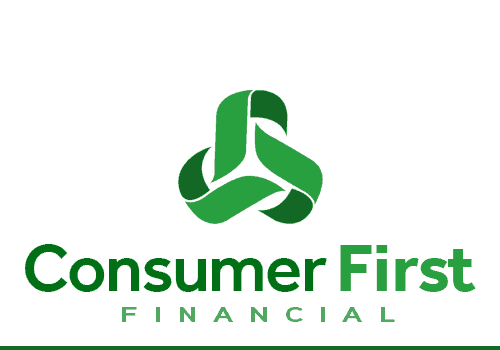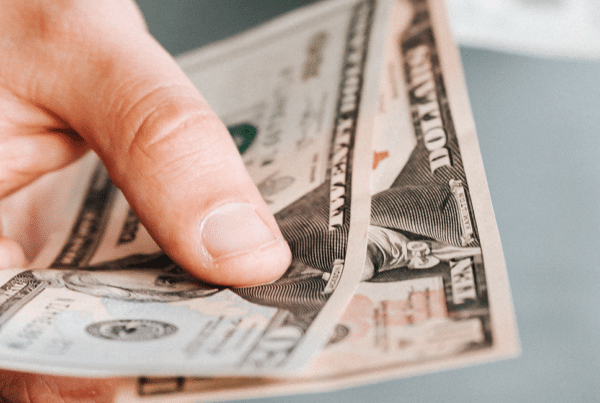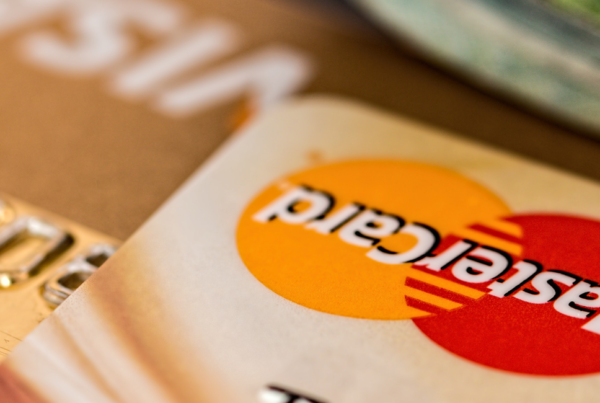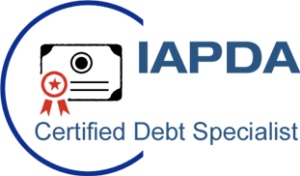
Your debt is finally gone… now what?
Going through a relief program can be stressful, and you can’t avoid taking a few hits. However, completing a successful debt relief program is a great feeling; your debts are finally paid off and you can officially “start over”. But, old habits die hard as they say.
You may have chosen a relief program to clear up your credit cards, the easiest way to rack up unsecured debt. Maybe you supported your family with a personal loan during a time of unemployment. Whatever the case may be, the next step after completing a relief program is planning to stay out of debt.
While going through a debt relief program can temporarily ding your credit, it is worse to fall back into debt after the program. We want to give you a few tips on how to get a good credit score back after completing a relief program. When we talk about rebuilding credit, another slippery slope is bad credit loans… more on that later.
Here are some of the ways you can get back on your feet after completing a debt relief program and avoid falling back into debt at all cost:
Create a budget
Creating a budget can reduce your chances of getting back into debt to begin with. Create a budget that will help you manage your expenses and make credit payments on time. This will put you on a path to a good credit score as fast as possible.
Use Credit
Use credit as much as you can. Now, this seems like a crazy idea – how could it possibly make sense for you to use more credit and gather more consumer debt? The reality is, it’s a great way to prevent your credit from drying up and your credit score from dwindling. However, you should try to use it on a small scale and build up gently.
One easy technique is to use a credit card for gas only. The average working American spends $100 to $200 a month on gas. Put your gas on the credit card and set aside the money. Pay the balance in full at the end of each month for a quick and steady credit bump.
Try to maintain a steady flow of income
If you are just getting out of debt, you want to stay with a consistent job. This is not a time to experiment and leave yourself out in the wild. Having a consistent job will help you balance and maintain your budget. Most importantly, it will keep you from falling back into debt.
Be consistent with your credit payment
If you want to get a good credit score, make your credit card payments on or before the due date. Also, make other payments like your house payment, car payment and utility bills as soon as you can. This is the single most important factor that will prevent you from falling into debt again. While it may seem like common sense to “pay your bills on time”, the majority of us simply don’t. Even people with the means to do so don’t always stay on schedule. To truly maintain a debt free life, bills have to be paid on time.
What are bad credit loans?
Bad credit loans are loans granted to consumers with low credit scores. These are considered high risk loans and carry massive interest rates. If you’re just completing a debt relief program, it might be hard for you to get a loan from a bank. This can make it tempting to visit a no-credit-check loan vendor. The reality is you will end up paying upwards of 500% interest for the loan. This is a surefire way to end up right back where you started… in debt.
These types of loans prey on down and out consumers. When banks won’t talk to you and credit cards approvals aren’t coming; it’s easy to see how a bad credit loan seems like the only way out of a cash bind. Your credit will recover more quickly than you may think if you build and maintain it.
Our best advice is to find another solution, and start rebuilding your credit as soon as your last debt is settled.
Your partner in debt relief,
Consumer First Financial





